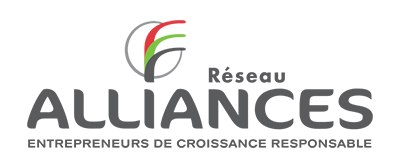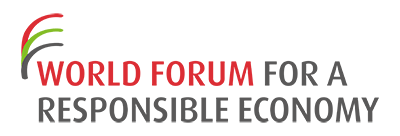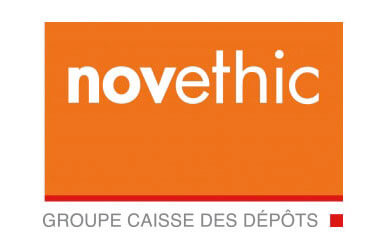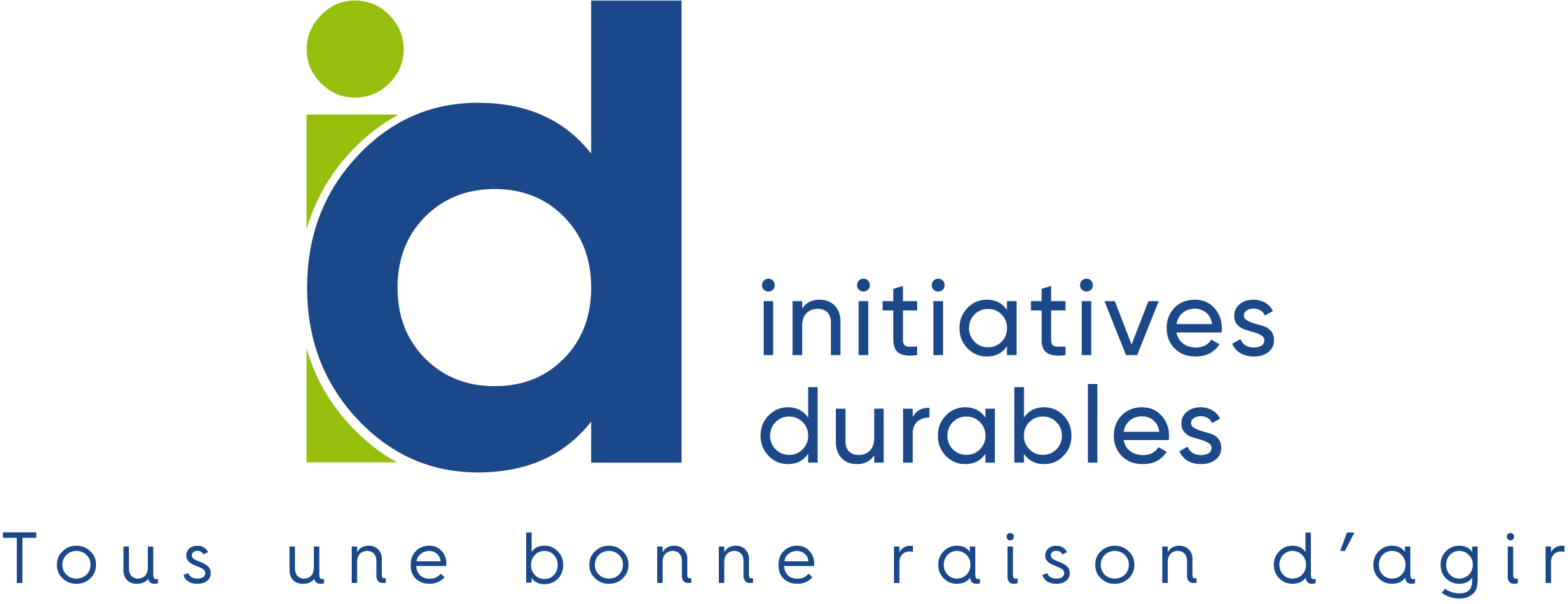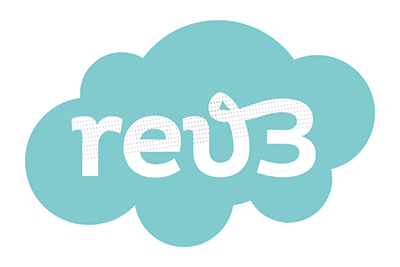According to the World Watch Institute, farming and forest industry generate 700million tons dry material each year throughout the world. A third of it would be enough to supply all european homes with electricity. Essent is now experimenting another kind of biomass based on coffee beans in the Geertruidenberg-located power plant (Netherlands).
ESSENT uses coffee beans to generate electricity
4. Environment
Energy / Greenhouse Gases (GHG)


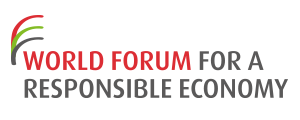
Context
Objectives
- Reducing the use of fossil energies in the electricity production process
- Reducing CO2 emissions
- Improving coffee producers’ working conditions.
APPROACH
Essent is involved in a fair trade channel at the request of Solidaridad and in association with brazilian coffee producers from Minas Gerais, and uses the waste from their harvests as a fuel.In February 2008, 5,000tons pellets (dried and crushed coffee beans) are bought from producers and used in the dutch power plant, without changing anything of the boiler. 20,000tons are planned to be delivered. The coffee beans ship to the Netherlands.
Coffee beans are waste from the harvests. They can be used locally as low-quality fertilizers or as a fuel, but most of the time, they are not. Thus, the very fact of selling them to generate electricity does not put food production in the shade. Brazil could supply between 200,000 and 250,000tons coffee beans a year. Besides, coffee beans providers work respecting man and environment. All of them have got the Utz standard or/and are Rainforest Alliance labelled. Thanks to the sale of the coffee beans, they get an additional income of 7% on the coffee harvest. They are thus offered the opportunity to become co-owners of a company created specifically for the export of coffee beans.
CONTRIBUTION TO COMPANY PERFORMANCE
- In 2008, 1,500 homes are being supplied with electricity for a year ; Brazil could generate electricity for 100,000 homes a year
- It is an expensive process indeed, but it is partly subsidized in the Netherlands.
- Corporate brand.
Benefits
- The CO2 emissions are reduced by 95% compared to the emissions of a coal-fired power plant.
- The brazilian producers have better living conditions.
- Turnover
- 7,5 mds d’euros
- Country
- Netherlands






